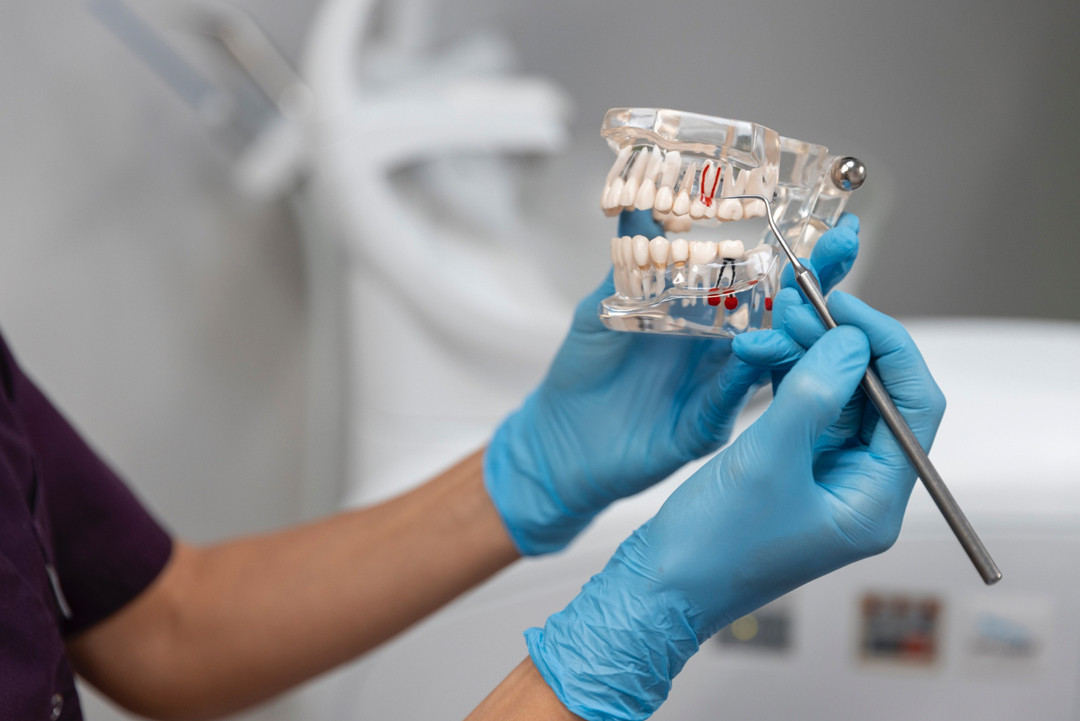What Are Pediatric Metabolism Disorders?
Pediatric metabolism disorders occur when a child’s body cannot process nutrients such as proteins, lipids, or sugars effectively. These conditions are often hereditary and result from genetic mutations affecting the body’s metabolic pathways. Metabolism is the process through which the body converts food and oxygen into energy to power essential functions like:
- Respiration
- Cellular growth
- Temperature regulation
- Blood circulation
- Hormone regulation
- Digestion
When disrupted, metabolic disorders can cause serious complications, including developmental delays, organ damage, and chronic diseases like Type 2 diabetes.
Diagnostic Methods for Pediatric Metabolic Disorders
- Newborn Screening
- Routine blood tests identify metabolic disorders shortly after birth, enabling early intervention.
- Biochemical Testing
- Analyzes blood and urine for abnormal levels of substances like amino acids or sugars.
- Enzyme Analysis
- Measures specific enzyme activity to identify deficiencies.
- Genetic Testing
- Detects gene mutations responsible for metabolic disorders.
- Imaging Studies
- MRI and CT scans assess organ damage or structural abnormalities caused by metabolic conditions.
Common Types of Metabolic Disorders
- Phenylketonuria (PKU)
- Cause: Inability to process phenylalanine.
- Symptoms: Developmental delays, intellectual disability.
- Treatment: Low-phenylalanine diet and amino acid supplements.
- Maple Syrup Urine Disease (MSUD)
- Cause: Deficiency in breaking down certain amino acids.
- Symptoms: Sweet-smelling urine, developmental delays, brain damage if untreated.
- Treatment: Restricted amino acid diet.
- Galactosemia
- Cause: Difficulty breaking down galactose.
- Symptoms: Jaundice, liver damage, intellectual disability.
- Treatment: Avoidance of galactose-containing foods.
- Glycogen Storage Diseases
- Cause: Inability to process glycogen.
- Symptoms: Low blood sugar, liver damage, muscle weakness.
- Treatment: Specialized diets and regular monitoring.
- Mitochondrial Disorders
- Cause: Impaired energy production in cells.
- Symptoms: Developmental delays, seizures, fatigue.
- Treatment: Supportive care and symptom management.
Symptoms of Pediatric Metabolic Disorders
- Developmental delays
- Intellectual disabilities
- Seizures
- Vomiting and diarrhea
- Low blood sugar (hypoglycemia)
- Jaundice
- Muscle weakness
- Vision problems
Treatment Methods for Pediatric Metabolism Disorders
- Dietary Modifications
- Tailored diets eliminate or limit specific substances the child cannot metabolize.
- Medications
- Supplements or drugs aid in processing substances (e.g., lactase for galactosemia).
- Enzyme Replacement Therapy
- Replaces deficient enzymes to restore metabolic function.
- Gene Therapy
- Corrects genetic mutations causing the disorder.
- Organ Transplantation
- In severe cases, liver or kidney transplants may be required.
- Supportive Care
- Includes regular monitoring, counseling, and family support to manage symptoms and prevent complications.
Key Takeaways
- Early diagnosis and tailored treatment are crucial to manage pediatric metabolic disorders effectively.
- Routine newborn screening and genetic testing can identify conditions early.
- Access specialized care and treatment plans at 23 facilities equipped to address pediatric metabolic challenges.
Click “Plan Your Treatment” to consult experts and secure the best care for your child.


















